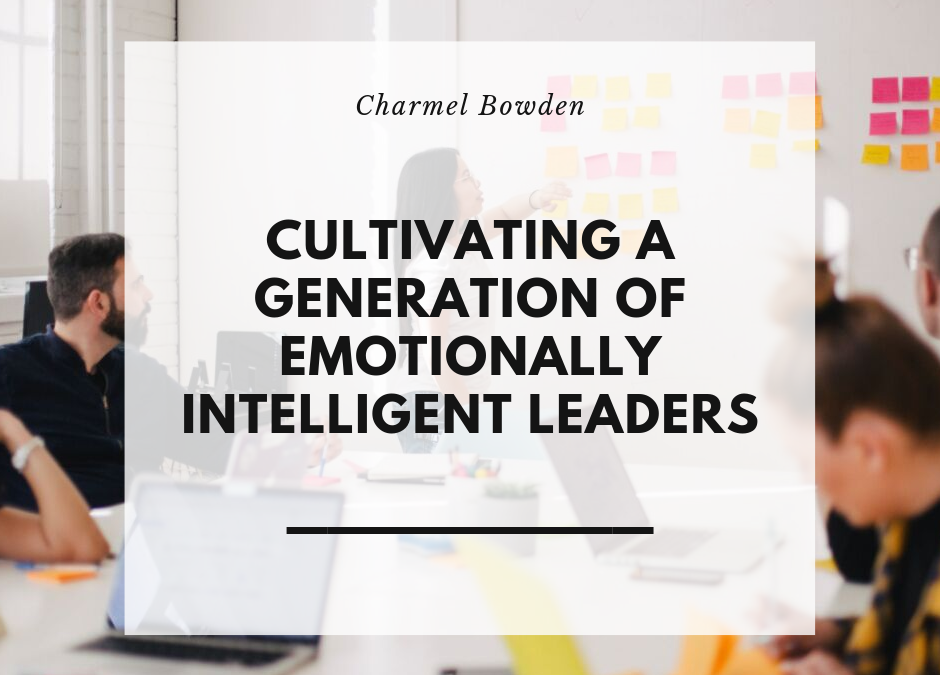Emotional Intelligence may come off as a buzzword, but the true definition of “EQ” is far deeper. Pragmatic leadership styles of the past are being cultivated into something that’s part oversight, part thoughtful-responsiveness. To lead the success of an organization today, leaders must possess a skill set that is both inspiring and can demonstrate empathy, when it is most expected.
Building Emotionally Intelligent Leaders
Business is about relationships. Every relationship grows through effective listening and learning to trust more.
5 habits of great leaders include:
- Inner strength
- Leadership centered around culture/compassion
- Promoting staff relations across levels and function
- Investing in continuing education; and
- Measuring both qualitative and quantitative metrics
Emotionally intelligent leaders give their time to others and understand the art of giving and receiving professional feedback. Managers who use differences in a way that celebrates them are especially talented when it comes to leading by example.
Empathy in the Workplace
Empathy is a learned behavior; an ability to understand how someone else may be feeling. It is taught by modeling the desired behavior. Empathy gives leaders the ability to anticipate the big picture. Leaders with excellent listening skills can transform employee concerns into positive objectives that ultimately lead to improved performance.
Why Emotionally Intelligent Organizations Thrive
Self-aware leaders know their personal strengths and limitations. The idea, in turn, allows them to utilize another’s talent for the benefit of the entire organization. Managers who effectively problem-solve for the better of the business, have a knack for seeing more than one great solution. When leadership can interact seamlessly with customers, employees, and stakeholders, companies reap the benefits.
It’s imperative that employee training programs present materials tailored to each generation of the workforce. One example is the multi-faceted Millennial. This generation, that will make up 75% of the global workforce by 2025, by the way, already thrives on a culture of equal respect for all and how remaining open-minded in the workplace encourages everyone to succeed. Emotionally intelligent leaders have an immense impact on the success of a business. From managing investor relations to achieving viable company growth, corporate culture dictates how long employees will stay.

